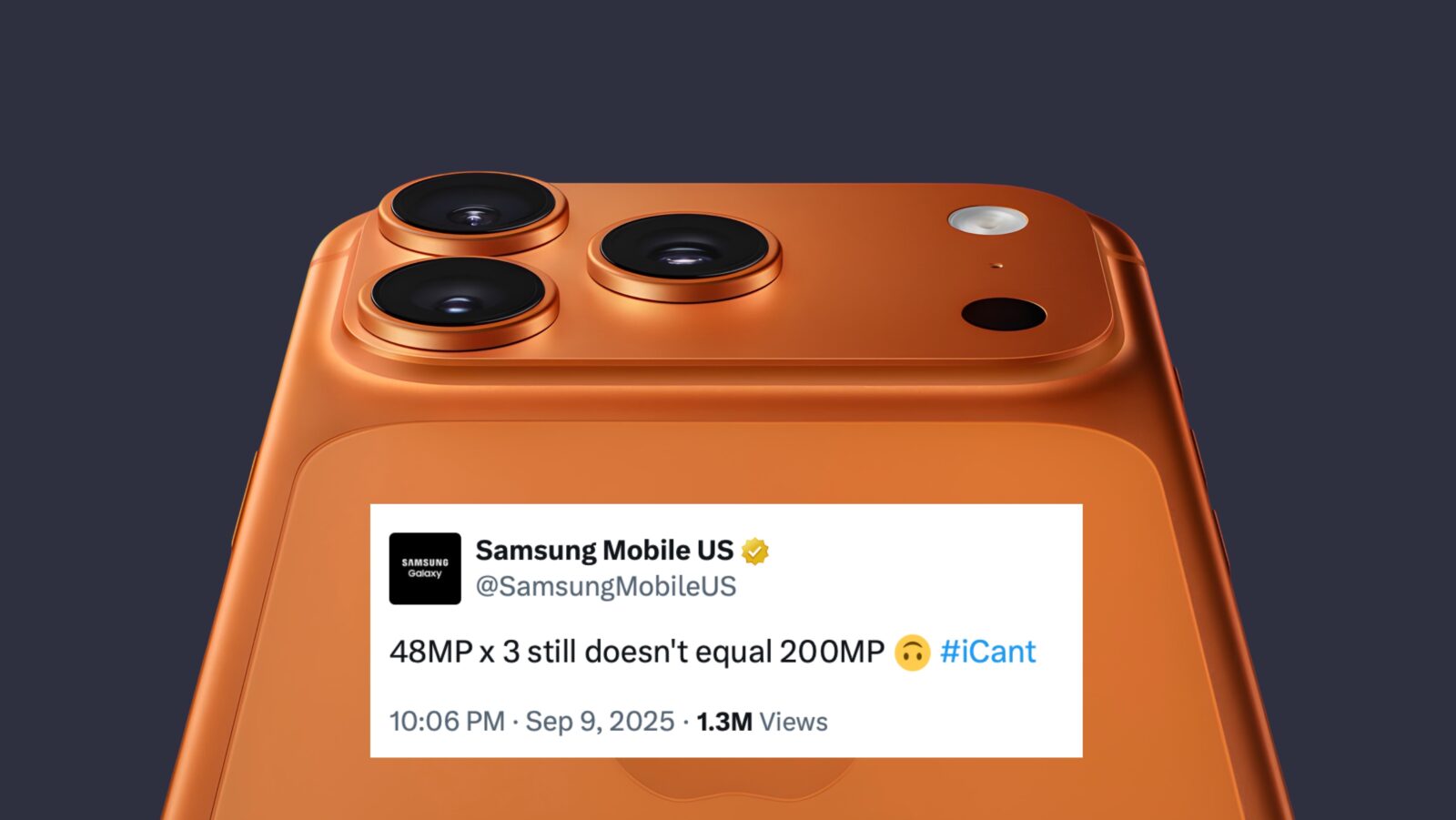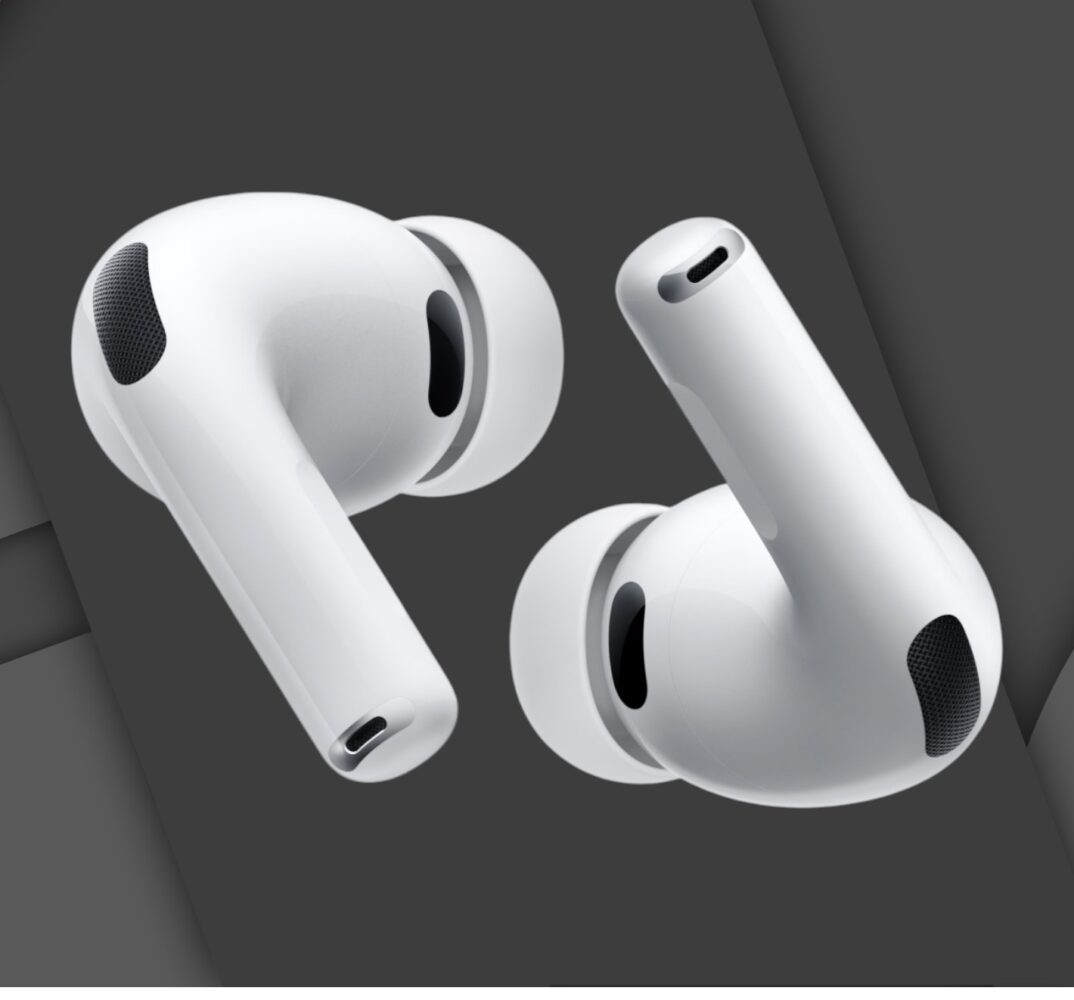TL;DR:: The Girlfriend is a sharp, unsettling psychological thriller about obsession and manipulation, powered by Robin Wright and Olivia Cooke’s electric performances. Come for the domestic drama, stay for the jaw-dropping twist.
The Girlfriend
There are shows that you casually binge over a weekend, half-watching while folding laundry, and then there are shows that demand you sit upright, phone down, fully caffeinated, and maybe with a comfort snack nearby because you’re about to feel weird about your own family dynamics. Prime Video’s The Girlfriend belongs to the latter camp—a sleekly unsettling psychological drama that dares to ask: how far would a mother go to keep her son, and how far would a woman go to secure the life she thinks she deserves?
Based on Michelle Frances’ 2017 novel and adapted for television by Gabbie Asher and Naomi Sheldon, The Girlfriendtakes what should be a straightforward domestic drama and slowly mutates it into something far stranger, sharper, and more uncomfortably riveting. On paper, it’s a war between two women—one, a mother who’s spent too many years orbiting her son, the other, a girlfriend who knows exactly how to work a room. On screen, though, it becomes a twisted chess match where every move leaves you questioning who’s really in control.
And trust me: you’ll want to stay until the end, if only to see just how far the show dares to push the concept of manipulation before it collapses into pure chaos.
The Toxic Cord That Never Quite Gets Cut
At the heart of The Girlfriend is Laura (Robin Wright, who also directs several episodes), a woman whose résumé screams sophistication—an accomplished art dealer, married to a wealthy hotel tycoon (Waleed Zuaiter), and living in the kind of glassy London home that interior design blogs would sacrifice themselves to photograph. From the outside, Laura looks like she has life nailed down. But there’s one small problem: her attachment to her son Daniel (Laurie Davidson), a young doctor who is very much trying to live like an adult but whose mother keeps hovering like a permanent, overclocked Wi-Fi signal.
Enter Cherry (Olivia Cooke, never more magnetic), Daniel’s new girlfriend. Cherry is everything a mother like Laura dreads: ambitious, glamorous, mysterious, and just slippery enough in her backstory to raise alarms. She’s a real estate agent, the daughter of a butcher, and someone who clearly sees Daniel not just as a boyfriend but as a ticket into a shinier, more rarefied world. Laura’s response? Not suspicion in moderation, but full-scale investigative paranoia. She digs into Cherry’s past, whispers seeds of doubt into her husband’s ear, and pulls her best friend Isabella (Tanya Moody) into the vortex.
It’s here where the show begins its true descent. Because as much as Laura bristles against Cherry’s presence, Cherry is no shrinking violet. She’s keenly aware of the way Laura looks at her, and she knows how to twist that discomfort into opportunity. What begins as polite frostiness escalates into a duel of deception, sabotage, and psychological warfare. The real hook, though, is that The Girlfriend never fully hands you a moral compass. Just when you think Laura is the villain, Cherry does something so chilling it makes Laura’s pettiness look like child’s play.
A Duel Told Twice
One of the smartest structural choices the series makes is its perspective flipping. Scenes repeat themselves from different angles—first Laura’s version, then Cherry’s—forcing the viewer to recalibrate what’s true and what’s performance. Early on, it feels like a narrative gimmick. But halfway through the six episodes, the device detonates into something much more interesting. A key twist reframes not only the characters’ motives but the very ground we’ve been standing on.
I won’t spoil the reveal, but suffice it to say that by episode three, I was sitting there muttering “oh, hell no” to an empty room, and by episode four I was pacing like it was the final minutes of a playoff game. It’s a rare thing for a show like this to genuinely surprise me—most psychological thrillers telegraph their twists like neon signs—but The Girlfriend takes its time, building a foundation of petty squabbles before sucker-punching you with something nastier.
The push-pull dynamic between Cooke and Wright is the fuel that keeps this machine running. Wright leans into Laura’s inability to mask her emotions, her anguish bubbling over in ways that alarm everyone around her. Cooke, by contrast, lets Cherry simmer—controlled, precise, until the mask slips and something far darker shows through. Watching the two circle each other is like watching two fencers who keep trading blades mid-match; the advantage shifts constantly, and the tension comes not from who will win, but from how much collateral damage their feud will create.
When Love Turns Into War
There’s something disturbingly universal about the show’s premise. Most of us know a parent who has trouble letting go, or someone who dates up in order to social climb. The Girlfriend takes those recognizable archetypes and dials them up until they’re grotesque. Laura is the mother who can’t quite cut the cord, who believes she’s entitled to police her son’s happiness. Cherry is the partner who confuses love with opportunity, who weaponizes charm until it becomes a blunt instrument.
What’s fascinating is how the show refuses to let either woman fully win the audience’s sympathy. Every time you start to lean toward one, she does something unforgivable. The result is a dizzying game of shifting allegiances. By the time Daniel is fully ensnared between them, he feels less like a character and more like a rope in a tug-of-war—pulled, frayed, and destined to snap.
The Slow Burn Into Shock
At first, I worried The Girlfriend was too predictable. Early episodes flirt with cliché—overprotective mother, glamorous girlfriend, spineless son. But just when you think you’ve mapped out the road, the series swerves into a ditch and drags you with it. Each escalation feels earned, each revelation carefully planted. By the finale, the show abandons all pretenses of being a glossy domestic drama and becomes something far more sinister.
And when the credits roll, the silence it leaves is deafening. Not because it ties things up neatly—it doesn’t—but because it forces you to sit with the wreckage of two women’s obsession and a man’s inability to choose between them. It’s not a happy ending. It’s not even a satisfying one in the conventional sense. But it is the only ending this story could have, and that makes it land with brutal finality.
Final Thoughts
The Girlfriend is not comfort television. It’s not the kind of show you throw on for background noise while scrolling TikTok. It’s a taut, unsettling exploration of control, jealousy, and the lies we tell ourselves about family and love. What makes it linger isn’t just its shocking twist or its stylish execution, but the way it exposes something deeply human: the ugliness of wanting someone so badly you’re willing to destroy them to keep them.
It’s messy, it’s manipulative, it’s maddening—and it’s one of the more intriguing psychological thrillers Prime Video has released in recent memory.







